VARIOUS ARTISTS / “Ethiopian Mixtape”
Imagine if Sun Ra and James Brown had a baby. And sent the child to Ethiopia by way of Jamaica when ya girl was an infant, and she taught herself piano in the Motherland by playing on the black keys exclusively. And say, oh, I don’t know, maybe let’s say seventeen years later, her name is now “Opi,” and she returns to the states sporting a bush that makes Erykah Badu look like a baldhead. Sister love has a touring band but goes back to Ethiopia to record her basic tracks. What would she sound like?
Like this!
Jazzy with a funky dub-reggae twist and a willingness to hang out there a minute.
Opi has this intoxicating presence both sensitive and at the same time fierce. Sensitive as a morning sunrise. Fierce as a full out high noon August sun over the equator.
When you first hear Opi, like a fire you run toward her but then when you get close enough to feel the heat, you back up a little bit (or, depending on who you are, you back up a lot!).
I know when I first heard it I did not hear all of it—there is too much happening to say you get it at first listen. But even though I was missing some of it, I knew I was missing a lot of what was happening.
I’m used to hearing songs sung in languages I don’t know, so that didn’t put me off, but those rhythms and those harmonies. It takes more than two ears to handle this.
I’m from New Orleans, syncopation is the hand with which I fan, but man, some of these rhythms, well, let’s just say I wish Mr. Brown were still around. I would love to see JB get down on some of this.
Play it loud, this music is bad and proud.
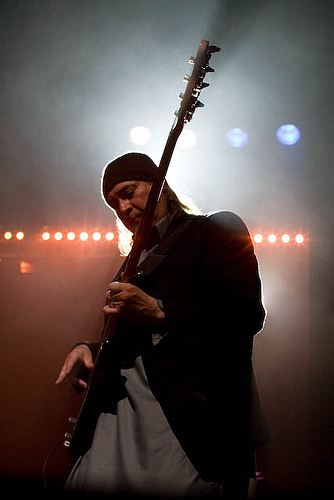
The opening and closing tracks are Bill Laswell featuring Ethiopian songtress Ejigayehu "Gigi" Shibabaw. These are from the album Book of Exit: Dub Chambers and are the only vocal tracks on the album. Both cuts are in a trance mode—if you like Gigi’s voice, you’ll love these cuts otherwise they may seem repetitive and borderline boring. They are excellent transitions both into and out of this beautifully different music.
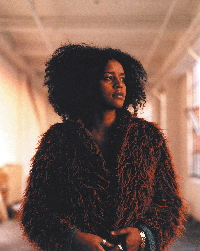
I particularly like the subtle vibrato that Gigi employs when she holds notes, extending the diminuendos and crescendos. In my book she is second only to Aster Aweke in terms of the Ethiopian vocalists whom I have heard. Additionally, she is comfortable with the dub style and with electronics. Part of the reason to include her on this mixtape is to offer a reference of an Ethiopian artist working in this vein.
The main focus is not on Gigi nor Bill Laswell. This mixtape features the music of Mulatu Astatke and Dub Colossus. They are very, very different and yet the music of both is very much Ethiopian, and you can hear it almost immediately.
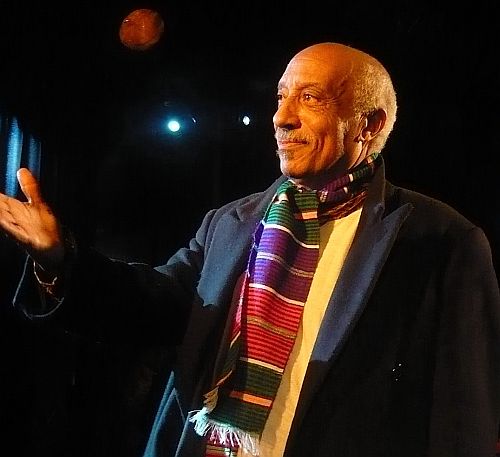
Mulatu is a composer and instrumentalist (primarily piano and vibes) who is enjoying a second wind. Back in the sixties he became known as the father of Ethio-jazz, attended Berkeley School of Music, traveled extensively and even worked with Duke Ellington for a short time. His recordings from forty or more years ago are considered classics of modern Ethiopian music.
Mulatu consciously worked on composing Ethiopian music utilizing western music instrumentation. For Mulatu that primarily meant fashioning a creative marriage between 5-tone pentatonic-based music and the twelve tone western orientation.
An interesting trivia note is that some people when they first hear Ethiopian music and other traditional African musics immediately think of “Chinese” music (which is how some critics used to disparagingly refer to Bebop). Both friend and foe often think that traditional African music has an oriental flavor but such thinking is a reflection of the fact that the pentatonic scale is common to most of the music in the world that exists outside of the dominating influence of European aesthetics.
In America, through gospel and the blues, African Americans held on to our pentatonic roots even as we became proficient using Western scales. Some people assume that the big difference between Western and African music is in the rhythms but the use of the pentatonic is also a major difference, and might in fact be an even larger difference than polyrhythms. In any case, Mulatu’s compositions highlight both the pentatonic and the rhythm-based differences.
The first two Mulatu tracks are taken from a radio broadcast of a gig in London. The remaining three are from Inspiration Information, an album featuring Mulatu’s music as performed by Mulatu in collaboration with The Heliocentrics, who are also the backing band on the concert broadcast.
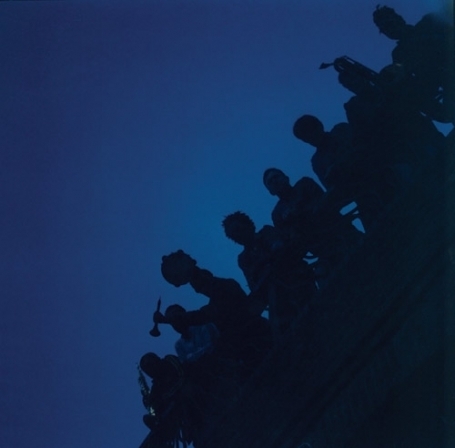
The Heliocentrics are a London-based collective of musicians led by drummer Michael Catto. As is obvious from their name, The Heliocentrics are strongly influenced by Sun Ra.
There is a big, big difference between the concert tape and the studio album. The concert is a predominantly acoustic affair. The studio brings the noise in spades. When the bass rumble kicks in, it’s like whoa horsey, these guys ain’t playing. Talk about a wailing wall of sound. That’s the hip hop influence.
I know it took me totally by surprise when I first heard them drop the bomb especially with those loping syncopations and that keening harmony. They make a rock guitar sound soft.
Got to give it up to The Heliocentrics, they walk that Ethiopian walk, indeed, they’ve got a strut in their stuff that’s mighty impressive. Of course, the big kudos have to go to Mulatu’s compositions.
Mulatu really understands the music and has figured out a way to translate his feel for his native music into formal compositions. That’s no easy task.
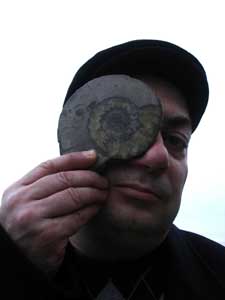
Dub Colossus takes an entirely different approach. Dub Colossus is an alias for Nick Page, an Englishman who has been heavy into dub music and electronic music for well over twenty years. He started out working with Steel Pulse and went on to be a founding member of and creative force with two major electronic music ensembles: Transglobal Underground and Temple of Sound. In 2006 he spent a good bit of time in Ethiopia and ended up recording in Addis Ababa with Ethiopian musicians, which directly led to the current album Dub Colossus In A Town Called Addis.
What had happened was instead of taking the basic tracks back to England and applying studio magic, Dub invited a group of Ethiopian musicians to join him in London. They worked out of Peter Gabriel’s residency music studio (i.e. the musicians actually lived at the studio). There are a number of other “world” recordings which are basically traditional music tracks with producers overlaying music and concepts in the studio but A Town Called Addis remains a Ethiopian creation through and through.
Nick Page holds down the bass and the guitar positions and the rest is composed of Ethiopians, some of whom had never before been outside of Ethiopia.
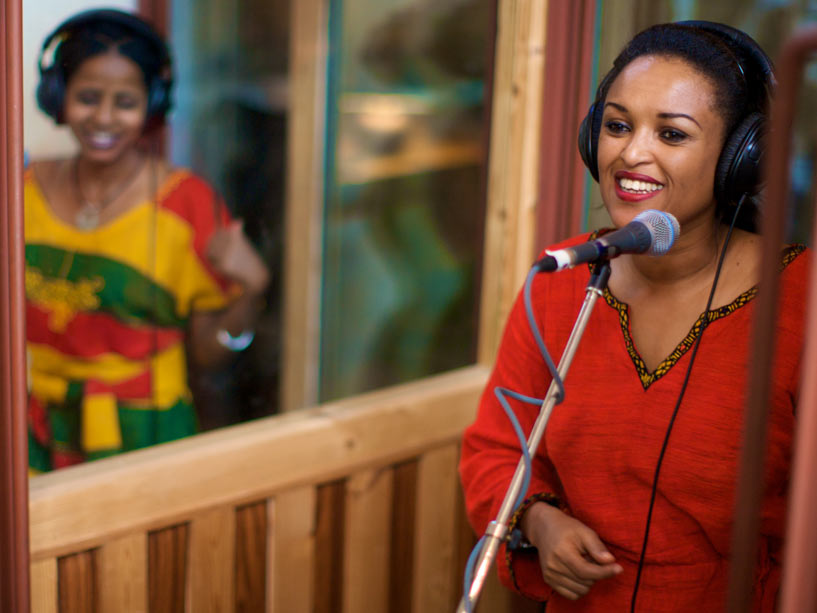
The lead vocals are handled by Sintayehu “Mimi” Zenebe, who is an established master vocalist in Addis Ababa where she also owns and operates a major music venue, the Doku Club. Singing second lead is the younger artist, Tsedenia Gabremarkos, who is also a radio personality in addition to being the winner of a 2004 award for best female singer in East Africa.
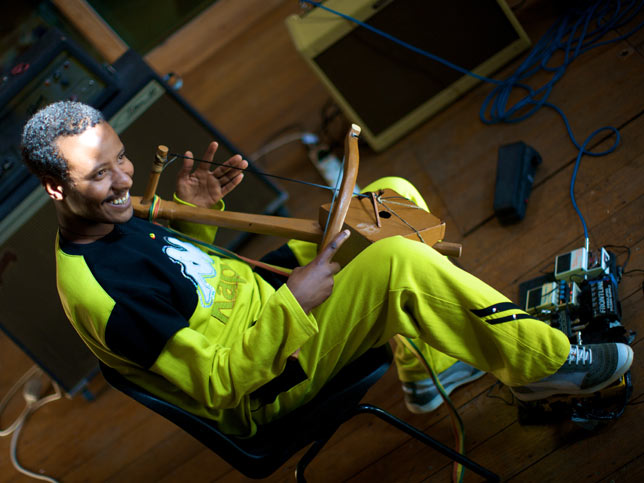
The male lead vocalist is Teremage Woretaw who is also a virtuoso on messengo, a one-string Ethiopian fiddle. Woretaw is a repository of Ethiopian cultural traditions and brings a stabilizing energy to the proceedings.
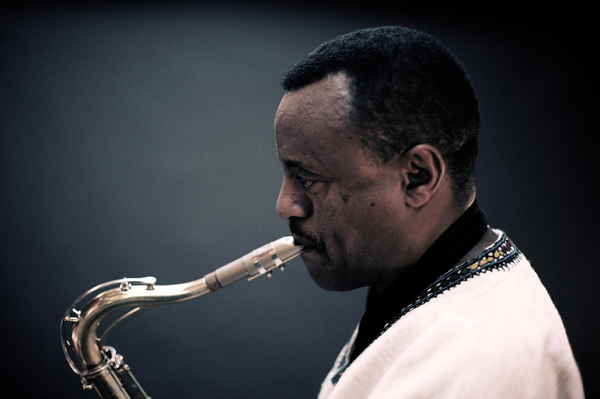
Rather than importing a hotshot saxophonist to take the solos, Feleke Hailu, who is a classical composer, lecturer and Head of Music at Ethiopia’s Yared Music School adds both passion and intelligence to the ensemble. Check out Hailu’s sublime and sensual soloing on “Mercato Music.” He has a thick sound that does not thin out in the upper register. He patiently builds his solo, never rushing even as he bears down. He’s not a carpenter tacking up aluminum siding, he’s a mason artfully constructing a solid brick wall of saxophonics.
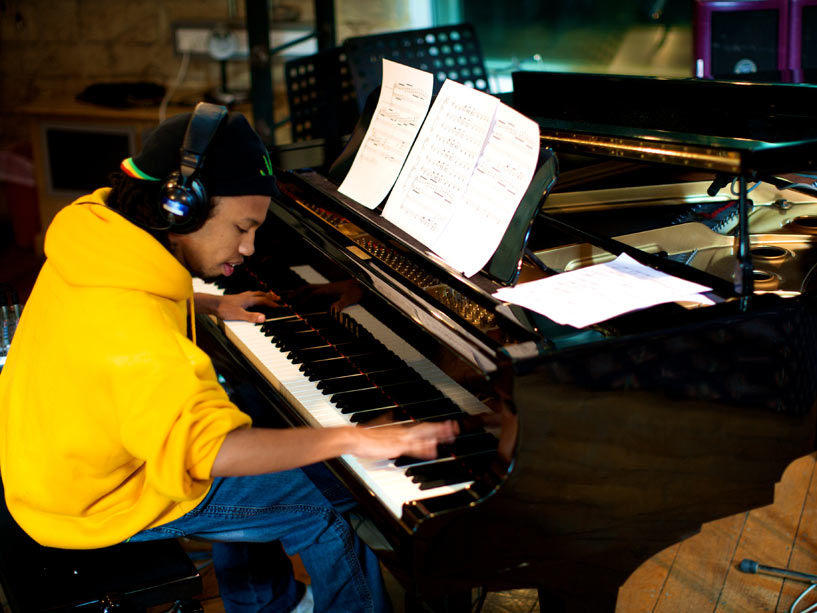
I’m very, very impressed with the keyboardist, Samue Yirga, who is a student at the Yared Music School. He plays with the both poise and creativity. He’s not flashy. Instead, as you hear on “Ambassel” and on “Shegye Shegitu,” he has a total command of the keyboard and knows how to make gigantic contributions in small spots by employing striking intros and interludes on both piano and organ.
The band is now touring and if they are ever within 100 miles, do yourself a huge favor and get out to witness them.
There is so much music in the world, especially in those parts of the world to which we do not generally pay much attention when it comes to our music selections. This awesome Ethiopian music is inspirational in how it can use its traditions while moving forward. Not only out of Africa always something new but also, as this music from Ethiopia exemplifies, in Africa there are a lot of old marvels most of us have yet to recognize.
—Kalamu ya Salaam
Ethiopia Mixtape Playlist
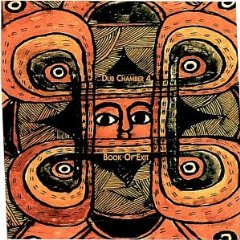
From Book of Exit: Dub Chamber - Bill Laswell
01 "Ethiopia"
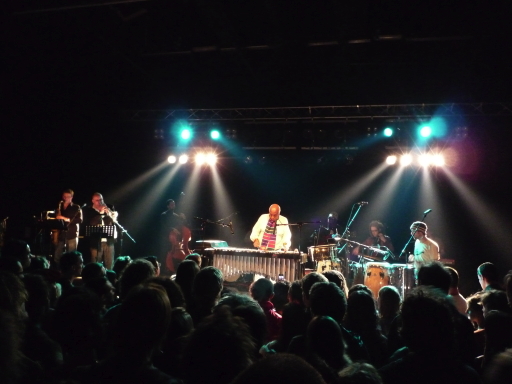
From Red Bull Broadcast featuring Mulatu Astatke & The Heliocentrics @ The Cargo, London
02 “Yekermo Sew”
03 “Yegelle Tezeta”
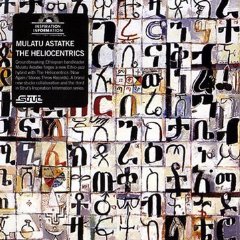
From Inspiration Information – Mulatu Astatke & The Heliocentrics
04 “Masengo”
05 “Live From Tigre Lounge”
06 “Mulatu”
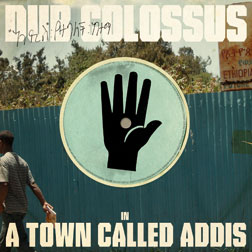
From Dub Colossus In A Town Called Addis
07 “Azmari Dub”
08 “Mercato Music”
09 “Ambassel”
10 “Neh Yelginete”
11 “Shegye Shegitu (Blue Nile Mix)”
12 “Tizita Dub”

From Book of Exit: Dub Chamber - Bill Laswell
13 “Jerusalem”
This entry was posted on Monday, May 25th, 2009 at 5:50 am and is filed under Contemporary. You can follow any responses to this entry through the RSS 2.0 feed. You can leave a response, or trackback from your own site.
2 Responses to “VARIOUS ARTISTS / “Ethiopian Mixtape””
May 30th, 2009 at 12:24 pm
I had wanted to find an Ethiopian club so much while I was Israel. Thanks for music, sir. I knew of Ejigayehu Shibabaw, but you’ve given me more people and CDs to look for.
August 8th, 2009 at 12:00 pm
ethio music
Great post. Gives me what I have been looking for
Leave a Reply
| top |